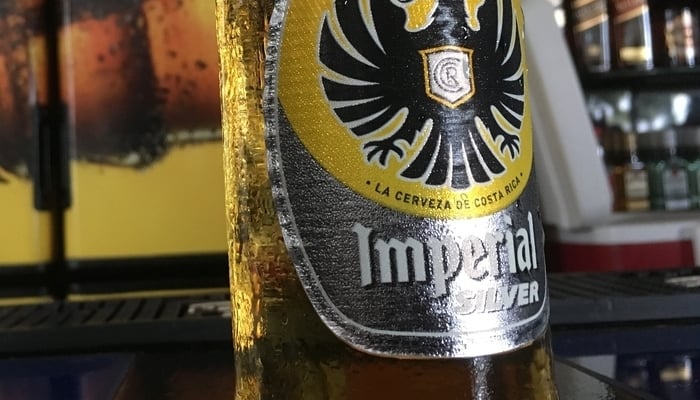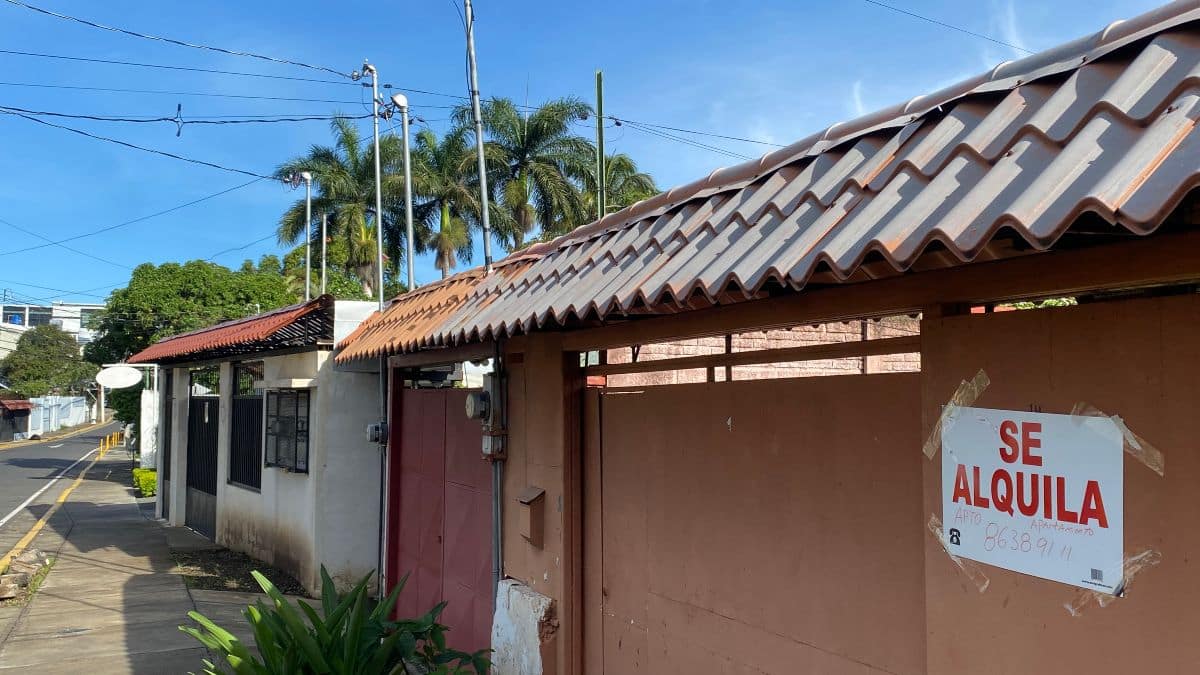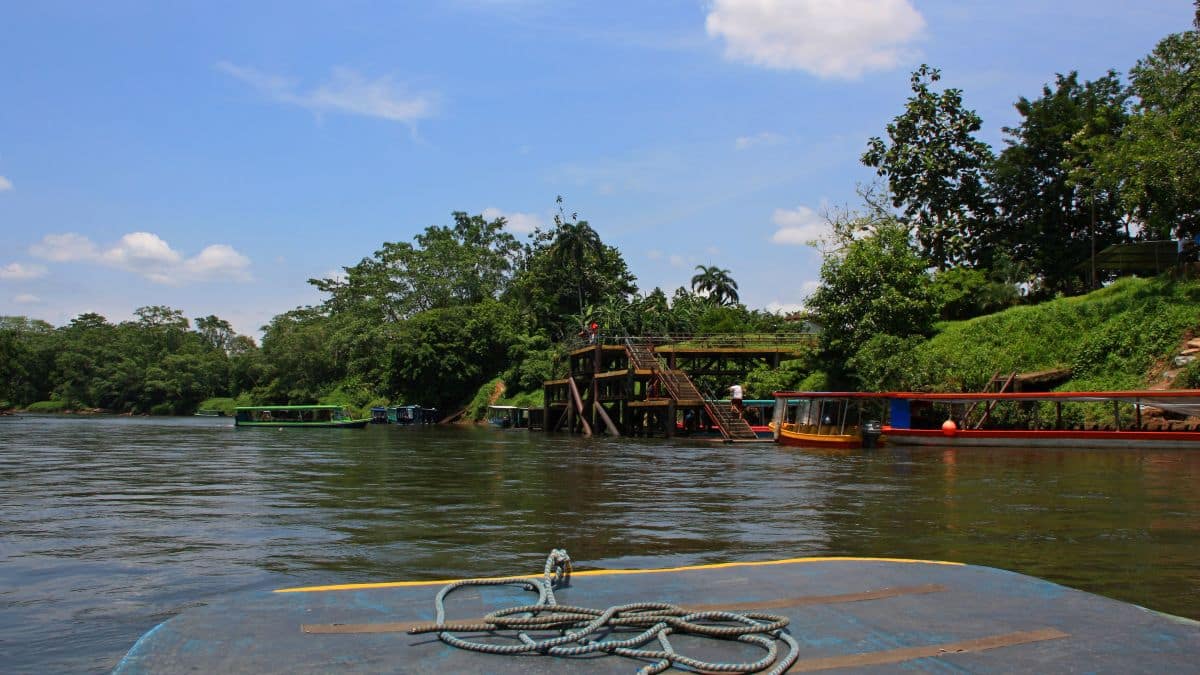Public Security Minister asks municipalities to limit the sale of alcohol with a dry law in Costa Rica to curb increasing COVID-19 numbers.
In Saturday’s daily COVID-19 press briefing, Michael Soto urged local municipalities in Costa Rica to put Easter-style dry laws in place to stop parties and gatherings.
According to Soto, the police have been receiving an increasing amount of complaints about parties.
He repeated his earlier claim that last weekend alone, police broke up over 1,300 parties around the country. This weekend, even under the increased restrictions, complaints are still coming in.
Seguridad pide a municipalidades limitar venta de licor durante próximos 9 días https://t.co/SDmqupRxes
— Semanario Universidad (@SemanarioU) July 11, 2020
Soto also referred to “incidents” outside supermarkets and liquor stores.
He said people gather outside these establishments to drink or buy alcohol. These gatherings come in the light of bars being closed.
“Unfortunately we’ve been dealing with a large number of incidents associated with the consumption of liquor,” said the minister.
“These activities generate mass gatherings and cause contagion. People look for these spaces to consume liquor, or to bring liquor home and have parties. So, I ask municipal authorities, according to the powers granted by law, to limit the sale of liquor until July 19.”
(Abro Hilo)
Lamentablemente seguimos teniendo fines de semana con personas inconscientes de lo que vive el país.
Del viernes al domingo hubo 1300 llamadas al 9-1-1 por escándalos musicales, aglomeraciones y consumo de licor. pic.twitter.com/WxQ0drsMJc
— Michael Soto Rojas (@MichaelSoto_CR) July 6, 2020
July 19 is the date the current restrictive measures are in place until. It remains to be seen whether they’ll extend this or not.
In Costa Rica, alcohol sales are not the direct responsibility of central government.
It’s the municipal authorities who have the say-so on selling alcohol in bars, restaurants, and stores.
This is why during Easter Week and elections, some cantons prohibit the sale of alcohol, and other don’t. In recent years, most cantons have elected to allow alcohol sales at Easter and during elections.
Municipalities in Costa Rica operate under the auspices of Ley 9047. This law gives them the power to regulate and limit the sale of alcohol. Alcohol venders who break the law can lose their licenses or their businesses.
Soto went on to urge the public to report parties they see or hear in their neighborhoods to the police.
“The time has come to stop the party,” he said. “I want to continue motivating citizens to call 911 when they see crowds that can put life and health at risk.”
If municipalities go ahead and ban alcohol sales, then Costa Rica will join Panama, El Salvador, Guatemala, and Honduras in Central America. All these countries have banned or partially-banned alcohol sales at one time or other during this pandemic.
Implementing new dry laws in Costa Rica might not be as easy as the Security Minister thinks, though.
Ley 9047 allows municipalities to initiate dry law only at certain, outlined times. The laws says, “Each municipality will have the power to regulate the marketing of alcoholic beverages and liquor consumption, on the days that civic events, parades or other cantonal activities are held, on the assigned route, and may delimit the radius of action.”
Nowhere does it say that local authorities can enact dry laws on the order of the central government, or for national emergency.
It’s possible that municipalities could face legal action from businesses if they try to enact dry laws outside of the circumstances outlined in the current law.
DEMAGOGIA DEL MINISTRO DE SEGURIDAD. Les invito a leer la publicación del colega José Miguel Villalobos sobre la propuesta ilegal del Ministro de Seguridad Pública.@oscarulloa01 @RevLiberalCR pic.twitter.com/GS00u9M4lg
— Otto Guevara Guth (@OttoGuevaraG) July 12, 2020
The National Union of Local Government (UNGL) hit back at Michael Soto this afternoon.
They said they couldn’t just ban alcohol sales for the reasons mentioned above. The UNGL were also incredulous at the minister even bringing up the subject at all, especially on live television.
Karen Porras, executive director of the UNGL, said that municipalities and government officials met for three hours on Friday to discuss the current restrictions. During that meeting, no-one mentioned anything about prohibiting alcohol sales.
“It cannot be that today the minister comes out with this information, which confuses the public and exposes the municipalities,” said Porras.
“It’s important that the central government considers a more opportune coordination before publicly announcing these kinds of requests that go beyond any legal possibility.”
Municipalidades responden a ministro: no pueden aplicar «ley seca» https://t.co/ZSYFvEPcYP pic.twitter.com/fvXrKMRhbj
— Semanario Universidad (@SemanarioU) July 11, 2020
James Dyde is the editor of www.centralamerica.com. He lives in Escazu, Costa Rica.




